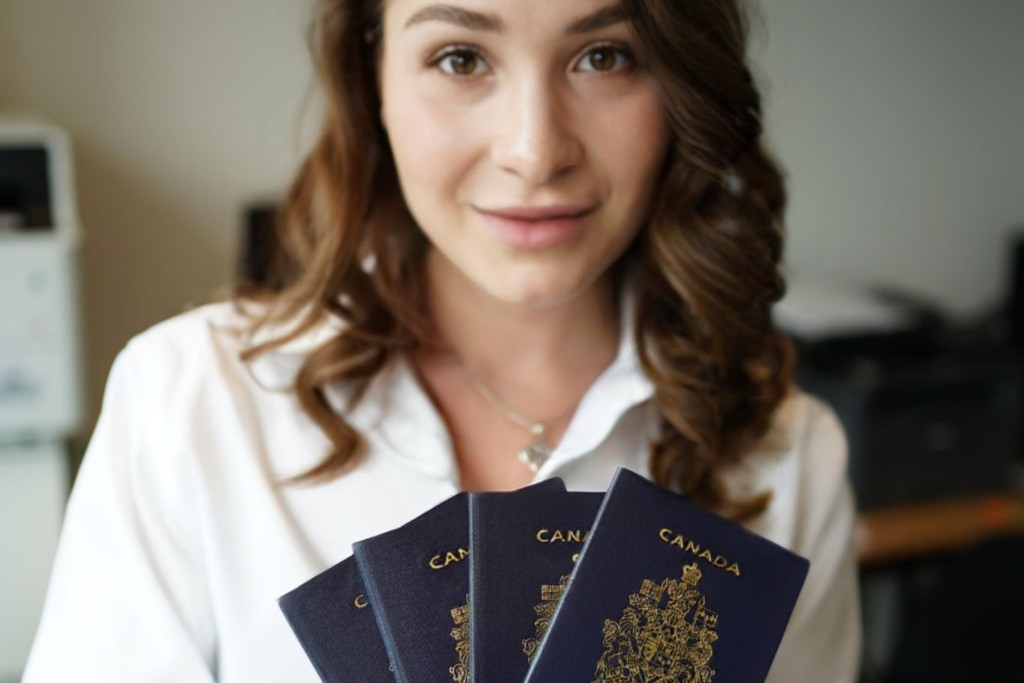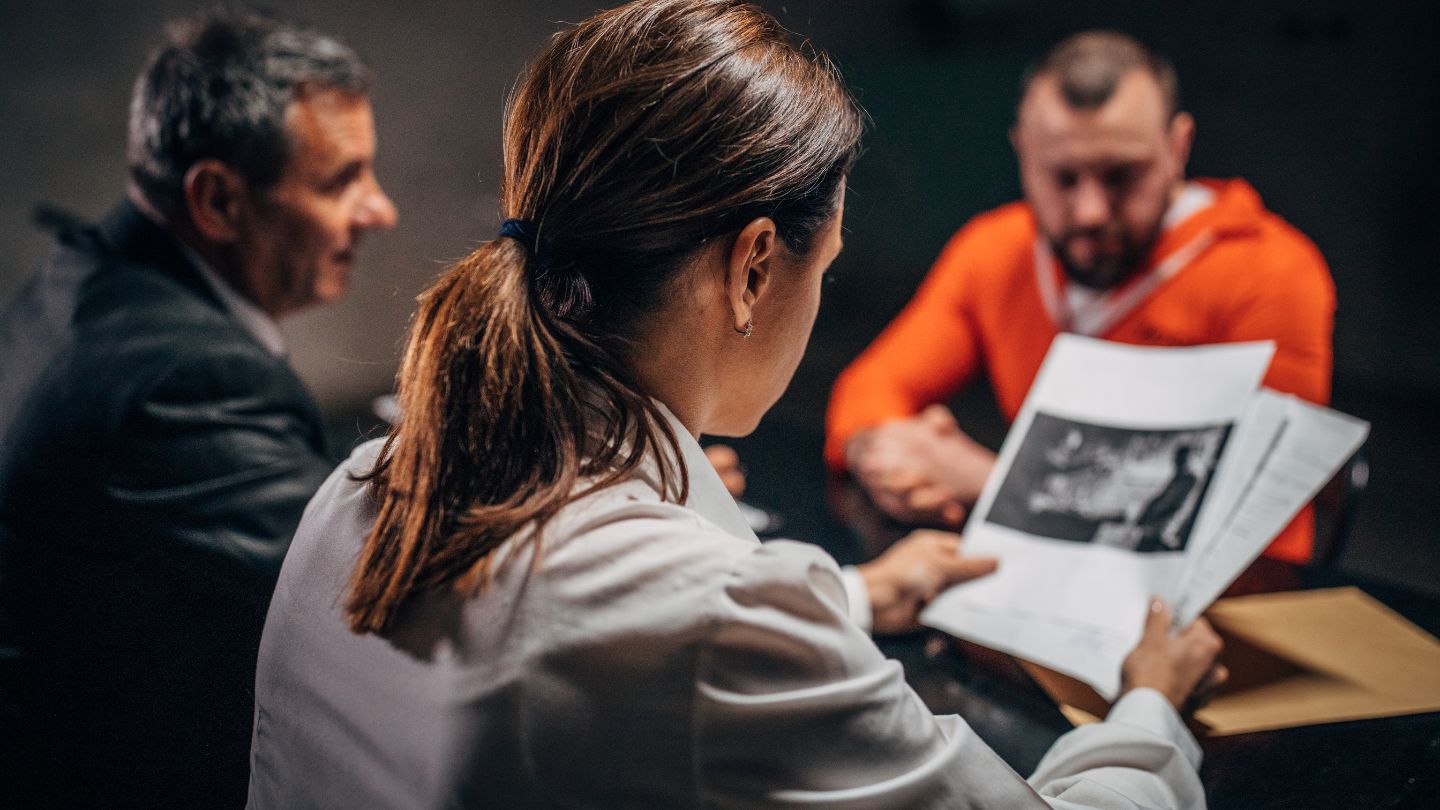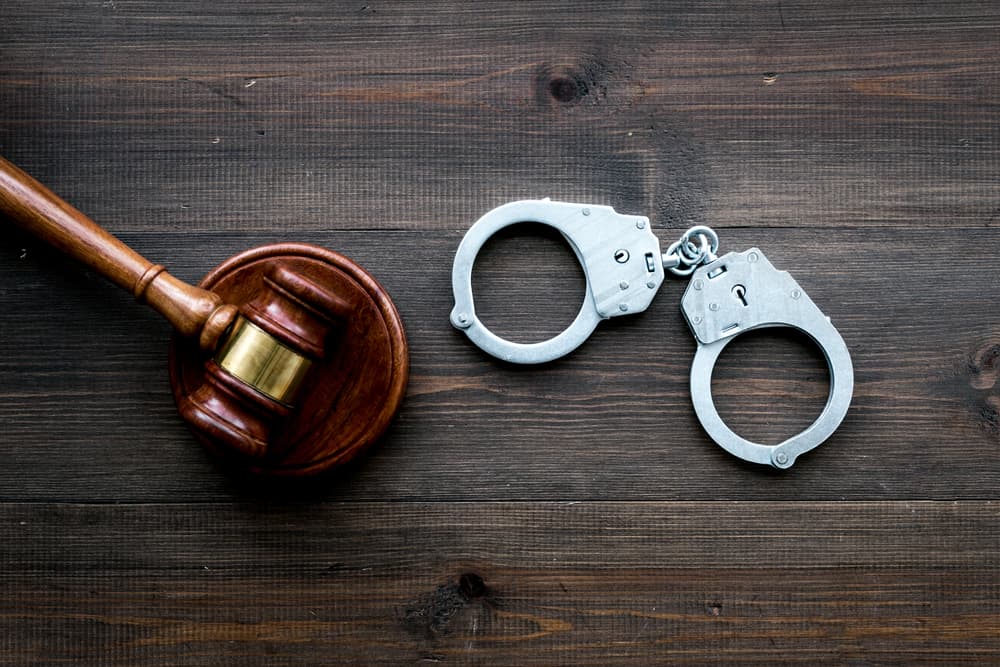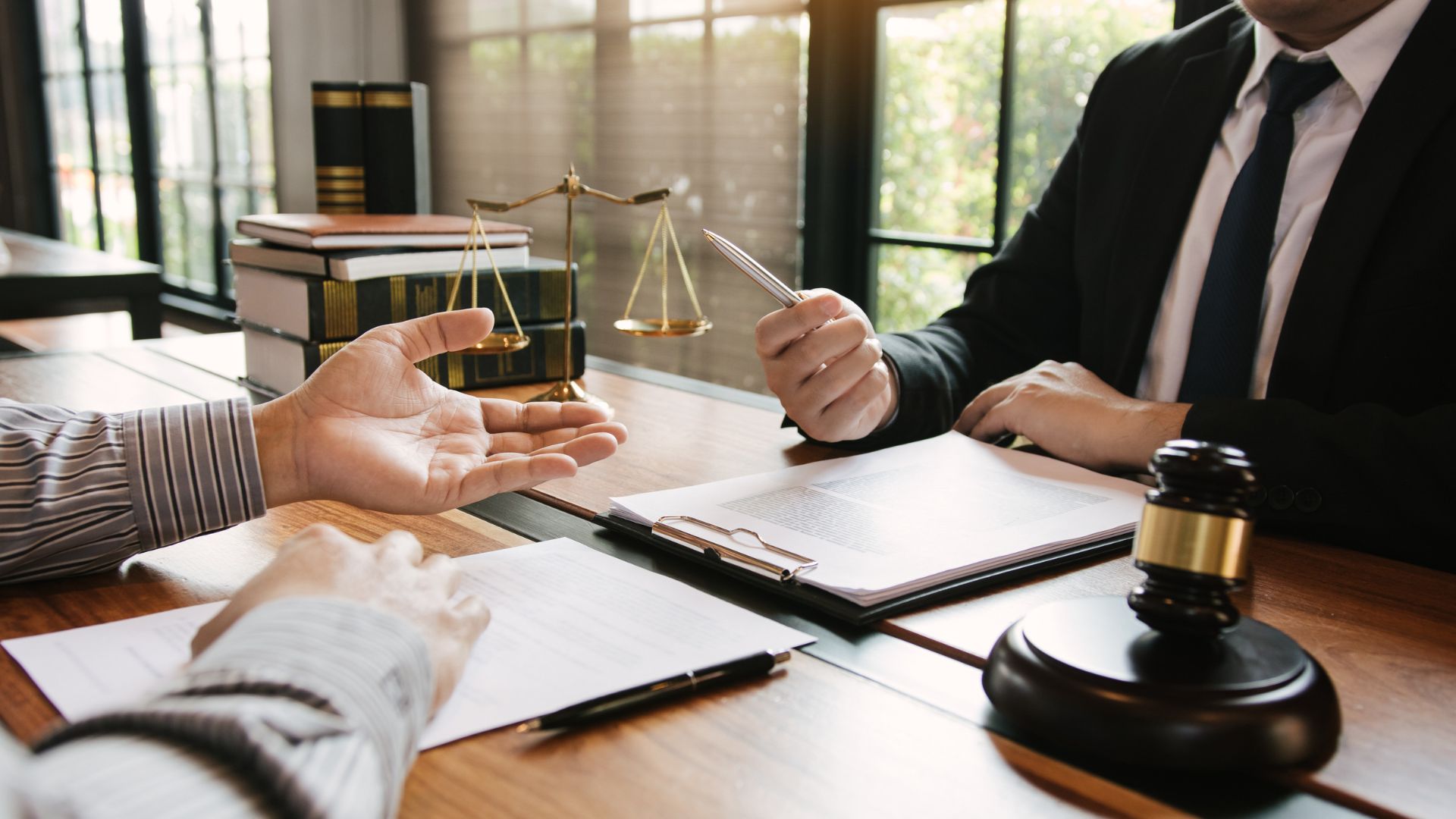Navigating the Vietnamese Criminal Justice System: A Foreigner’s Guide
Navigating the criminal justice system in a foreign country can be daunting, particularly for expatriates or travelers in Vietnam. Understanding the processes, rights, and legal avenues available can make a significant difference in how effectively one can manage a legal situation. This guide aims to provide foreigners with essential insights into the Vietnamese criminal justice system, the role of criminal defense legal services, and how to secure effective representation.
1. Overview of the Vietnamese Criminal Justice System
The Vietnamese criminal justice system is structured to handle criminal offenses as outlined by the Penal Code and other legislative frameworks. The system is influenced by the country’s socialist legal principles, which prioritize social order and state authority.
Key Components
- Police Forces: The police are responsible for law enforcement, investigating crimes, and making arrests. They play a fundamental role in the initial stages of the criminal process.
- Prosecutors: The People’s Procuracy is responsible for prosecuting criminal cases and overseeing the legality of investigative actions performed by the police.
- Courts: The legal system consists of various levels of courts, including:
- People’s Courts: The primary courts handling criminal cases, divided into local, district, and provincial levels.
- Supreme Court: The highest court in the country, responsible for overseeing the legal system and ensuring the proper application of law.
2. Your Rights as a Foreigner
Understanding your rights when facing legal issues in Vietnam is essential. Foreigners have specific rights under Vietnamese law, which include:
- Right to Legal Representation: You have the right to consult a lawyer during any stage of the legal process. Engaging a skilled criminal court lawyer is crucial for understanding your rights and building a robust defense.
- Right to Remain Silent: You are not obligated to answer questions from law enforcement without legal representation present. Exercising this right can be an important protection against self-incrimination.
- Right to A Fair Trial: Every individual is entitled to a fair trial process, which includes access to evidence, the ability to present a defense, and representation by an attorney.

3. What to Do When Facing Criminal Charges
A. Contact a Criminal Defense Lawyer
If you find yourself facing criminal charges, the first step is to seek legal representation. Engaging a criminal defense lawyer with experience in Vietnamese law is crucial for several reasons:
- Legal Expertise: A qualified attorney will understand the intricacies of the Vietnamese legal system and offer guidance on navigating your case effectively.
- Representation in Court: Your lawyer will represent you during hearings and court proceedings, ensuring your interests are protected.
- Language Barriers: If you are not fluent in Vietnamese, having a lawyer who can communicate fluently is essential for clear understanding and effective representation.

B. Know the Charges Against You
Understanding the nature of the charges against you is vital. Ask your attorney to explain the charges, potential consequences, and defensive strategies available. This knowledge empowers you to participate actively in your case.
C. Gather Evidence and Documentation
Collect any relevant documents or evidence that may support your case. This includes:
- Witness Statements: Contact any witnesses who may help clarify the situation.
- Photographic Evidence: Capture and document any physical evidence that pertains to your case.
- Communication Records: Save any emails, messages, or other correspondence related to the charges.
D. Be Cautious with Your Statements
While it is natural to want to explain your side of the story, remain cautious when talking to law enforcement or investigating officials. Always exercise your right to remain silent until your lawyer is present. Anything you say may be used against you in the legal process.
4. The Criminal Process in Vietnam
Understanding the criminal process in Vietnam can help demystify the steps involved:
A. Arrest and Detention
Upon arrest, authorities will typically inform you of the charges. You will have the right to contact a lawyer.

B. Investigation Phase
The police conduct an investigation following your arrest, gathering evidence and interviewing witnesses. During this phase, your lawyer can request that you be present and ensure that your rights are upheld.
C. Pre-Trial Procedures
In many cases, pre-trial procedures involve hearings where your attorney can contest charges or argue for bail. You may also be allowed to present evidence and make motions regarding the admissibility of certain evidence.
D. Trial Phase
If the case proceeds to trial, the following occurs:
- Opening Statements: Both the prosecution and defense present opening statements outlining their case.
- Presentation of Evidence: During the evidence phase, witnesses take the stand, material is submitted to the court, and attorneys cross-examine each other’s witnesses.
- Closing Arguments: Both sides summarize their cases before the judge or jury, asserting how evidence supports their positions.
E. Verdict and Sentencing
After deliberation, the court will issue a verdict. If found guilty, sentencing may occur immediately or on a scheduled date. Sentences can vary based on the charges, severity, and any mitigating factors presented by your lawyer.
5. Legal Representation and Support Systems
A. Finding Legal Representation
When searching for a criminal defense attorney in Vietnam, consider the following steps:
- Research Lawyers: Look for criminal defense law firms or individual attorneys specializing in criminal law. Online reviews, legal directories, and referrals can help identify reputable lawyers.
- Consultation: Schedule consultations with potential attorneys to assess their experience and approach. Discuss your case in detail to gauge their responsiveness and understanding of the issues at hand.

B. Consideration of Language Barriers
If you are a foreign national who does not speak Vietnamese fluently, ensure that your lawyer can communicate effectively in your preferred language. This facilitates smoother conversations and ensures you fully understand every legal aspect of your case.
6. Cultural Sensitivity and Adaptation
Being aware of local customs and legal practices is crucial when navigating the Vietnamese criminal justice system. Some considerations include:
- Respect for Authority: The cultural context in Vietnam may emphasize respect for authority and formalities. Maintaining a respectful demeanor during interactions with officials can foster a more cooperative environment.
- Local Legal Practices: Familiarize yourself with the local legal practices, which may differ significantly from those in your home country.
7. Conclusion
Navigating the Vietnamese criminal justice system as a foreigner may seem overwhelming at times, but understanding your rights and the processes involved can significantly ease the experience. Seeking criminal defense legal services promptly, remaining informed about your case, and engaging with skilled legal representation are vital steps for safeguarding your legal interests.
By being proactive and educated about the legal landscape, you can navigate the complexities more efficiently and ensure that you receive the support you need in this challenging situation. Remember, the right legal counsel can make a profound difference in protecting your rights and achieving the best possible outcome in your case.
